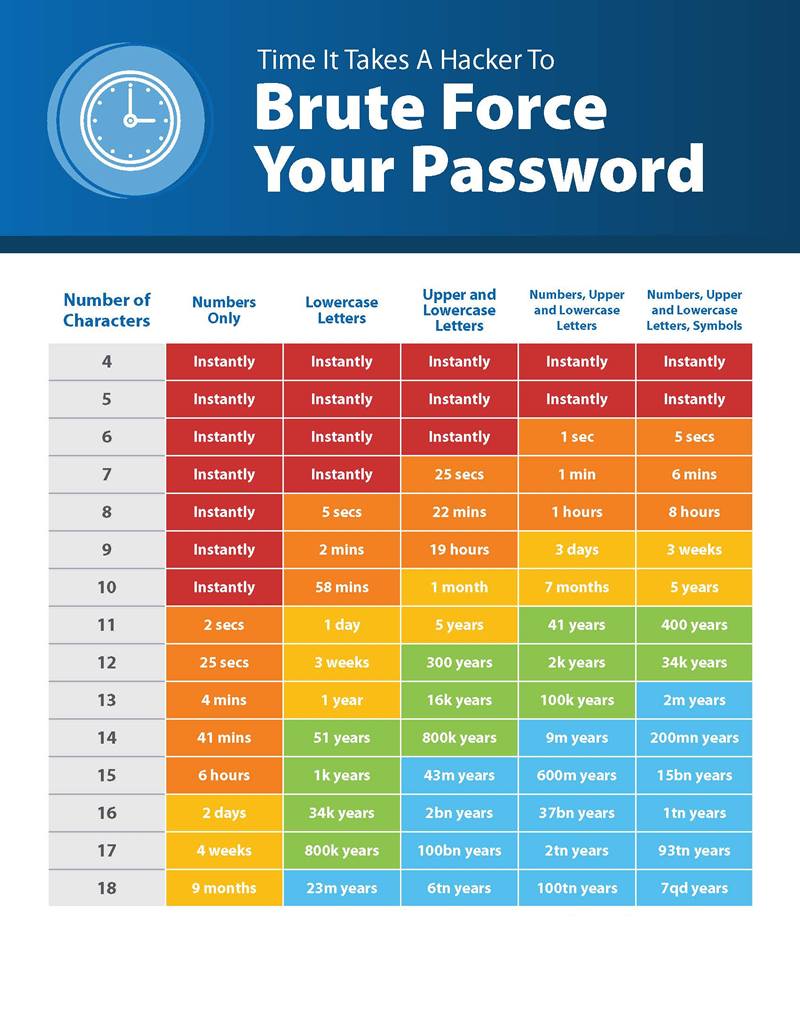COMPUTER SECURITY
HACK ATTACKS
Some of the latest ploys being used by hackers:
Phishing: Official-looking e-mails and web sites try to dupe people into volunteering passwords and financial information.
Pharming: Web addresses actually are hijacked. In other words, you type a legitimate address into your browser but get diverted to a hacker's site.
Drive-by downloads: Malicious code is planted on a legitimate (or shady) web site. When you visit the site, this code can exploit weaknesses in your web browser to quietly infect your machine.
Evil twin attacks: Hackers impersonate a Wi-Fi hot spot, jamming the legitimate signal with their own. You think you are logging onto a genuine service, but instead are linked to hackers who can snag personal data you transmit.
Search engine poisoning: You do a search, say, for anti-spyware software. But hackers rig the search results to include an authentic-looking site that may infect your machine.
Spyware: Confusing pop-up ads trick people into downloading software they don't want. Running in the background, these programs gum up computer performance, deliver more pop-ups, and may monitor your online travels.
Keyloggers: Spyware that forwards your keystrokes to marketers or criminals so they know your passwords and web destinations.

STAYING SAFE
SOME TIPS TO SECURE YOUR DIGITAL DEVICES:
Windows users should install the latest Service Pack, and enable automatic security updates.
Avoid wireless (Wi-Fi) hotspots in busy places such as airports and hotels where many others could be connected.
Install Internet firewall software to block intruders.
Avoid using instant messaging via Wi-Fi networks.• Run anti-virus and anti-spyware software from trusted vendors, and keep these programs updated.
If your mobile phone has Bluetooth technology, de-activate it until you need it.
Set your e-mail program to automatically delete attachments containing "executable" (.exe) files.
Be wary of file-sharing programs; they can bundle lots of spyware.
Steer clear of questionable Web sites.
Consider switching to the Firefox browser or Apple computers; though not ironclad, they are targeted less often by virus writers than Microsoft applications.
Be wary of online offers for free games and toolbars.
Don't click any links in pop-up ads; close them by clicking the X icon in the title bar.
Activate security features of your home wireless network.
Ignore spam offers for anti-spy-ware tools; such offers may install spyware.
Turn off your laptop's wireless card until you need it.
DID YOU KNOW?
One in 10 e-mails contains a virus, is spam or a phishing attempt.
Malicious code was found embedded in JPEG and BMP digital photo files.
You are most likely to get hacked on a Saturday; Tuesday is the lightest day for the bad stuff.
About 46 percent of phishing sites are hosted in the U.S. China is next at 28 percent, followed by Korea at 11 percent.
There were 1,017,208 known viruses in the first half of 2010, up 50 percent from the previous year.
Microsoft Windows users are still the number one target (99.4%) of all the new malware.
THE STAR-LEDGER
SOURCES: Richard Smith; Ben Edelman; F-Secure; Federal Trade Commission;
IBM Global Business Security Index Report, The Anti-Phishing Working Group

